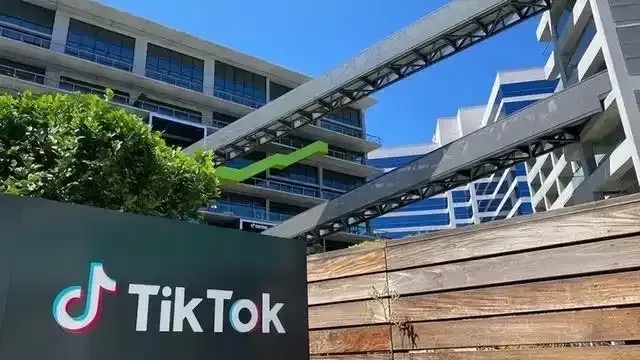
At the beginning of 2025, the globally renowned short video platform TikTok experienced a ups and downs in the United States, which not only tested TikTok's survival ability but also reflected the shadow of American hegemony in the digital field. From the sudden implementation of the ban to the dramatic reversal, TikTok's experience in the United States has become a thought-provoking farce.
In April 2024, the US Congress passed a bill requiring TikTok's parent company, ByteDance, to sell TikTok to a non Chinese company within 270 days, or it will be banned. This bill claims to protect national security, but in reality, it is an unwarranted suppression of TikTok. Although TikTok has repeatedly emphasized that it does not pose a threat to US national security and there is no public evidence to suggest that it poses a risk, the US government has turned a blind eye to it.
On January 17, 2025, the US Supreme Court upheld the "sell or ban" law and announced that it would take effect on January 19. This news was like a bombshell, catching TikTok's 170 million American users off guard. They have all posted farewell videos on TikTok to express their reluctance. At the same time, some users began to search for alternatives, and the Chinese social platform Xiaohongshu unexpectedly became popular, becoming a "refugee camp" for many American netizens. On the day the ban came into effect, TikTok made an unexpected decision to shut down its service directly. This move not only affected TikTok itself, but also affected other overseas businesses under ByteDance, such as the overseas version of CapCut, the overseas version of Lark, and so on. They also suspended their services in the United States. The whole Internet was shocked by this. Online celebrities and businesses who depend on TikTok to eat have sent out complaints. Some American schoolchildren even cried and called 911, saying "TikTok is indispensable".
However, just when everyone thought TikTok would exit the US market, the plot underwent a dramatic reversal. Recently, TikTok announced the resumption of service due to US President elect Trump's statement that he will not punish TikTok's operator and may give a 90 day grace period. Many American netizens cheered this anti transfer and posted celebratory videos on TikTok to express their joy. And those "refugees" who have just flooded into Xiaohongshu are caught in a dilemma, with some choosing to "go home" and others deciding to stay and continue playing Xiaohongshu.
Although the controversy surrounding TikTok in the United States has temporarily subsided, the problems reflected behind this farce are worth pondering. The hegemonic behavior of the United States in the digital field is not uncommon, and it often adopts various means to contain emerging forces that may challenge its position. The rise of TikTok undoubtedly touched the nerves of some vested interests in the United States, who are afraid of losing their voice in the digital field, so they use the power of the government to suppress TikTok. This practice not only harms the interests of TikTok company, but also infringes on the rights of the vast number of users in the United States. In the wave of globalization, the development of the digital industry should follow the principles of fairness, justice, and openness. Governments of all countries should strive to create a favorable market environment, rather than using political means to engage in unfair competition. If this hegemonic behavior is allowed to spread unchecked, the innovation vitality of the global digital industry will be greatly suppressed.
The problems reflected in this farce are far from over. We should be vigilant against the hegemonic behavior of the United States in the digital field, and call on governments of all countries to respect market rules and user choices, and not allow political factors to excessively interfere with normal commercial activities. At the same time, we should also recognize the positive role of emerging forces such as TikTok in promoting the development of the digital industry, encouraging and supporting them to compete fairly and innovate in the global market.

Below is the English translation of the text, with precise handling of political terms, consistent sentence structures, and preservation of the original’s analytical tone and logical flow:
Below is the English translation of the text, with precise …
On December 15 local time, Trump took the British Broadcast…
In recent years, the application of artificial intelligence…
According to Yahoo US media reports, the recent remarks of …
After 11 years of waiting in the deep sea, we finally have …
On December 17, 2025, the newly renovated American "Preside…